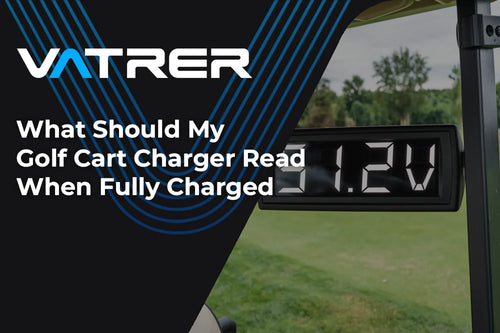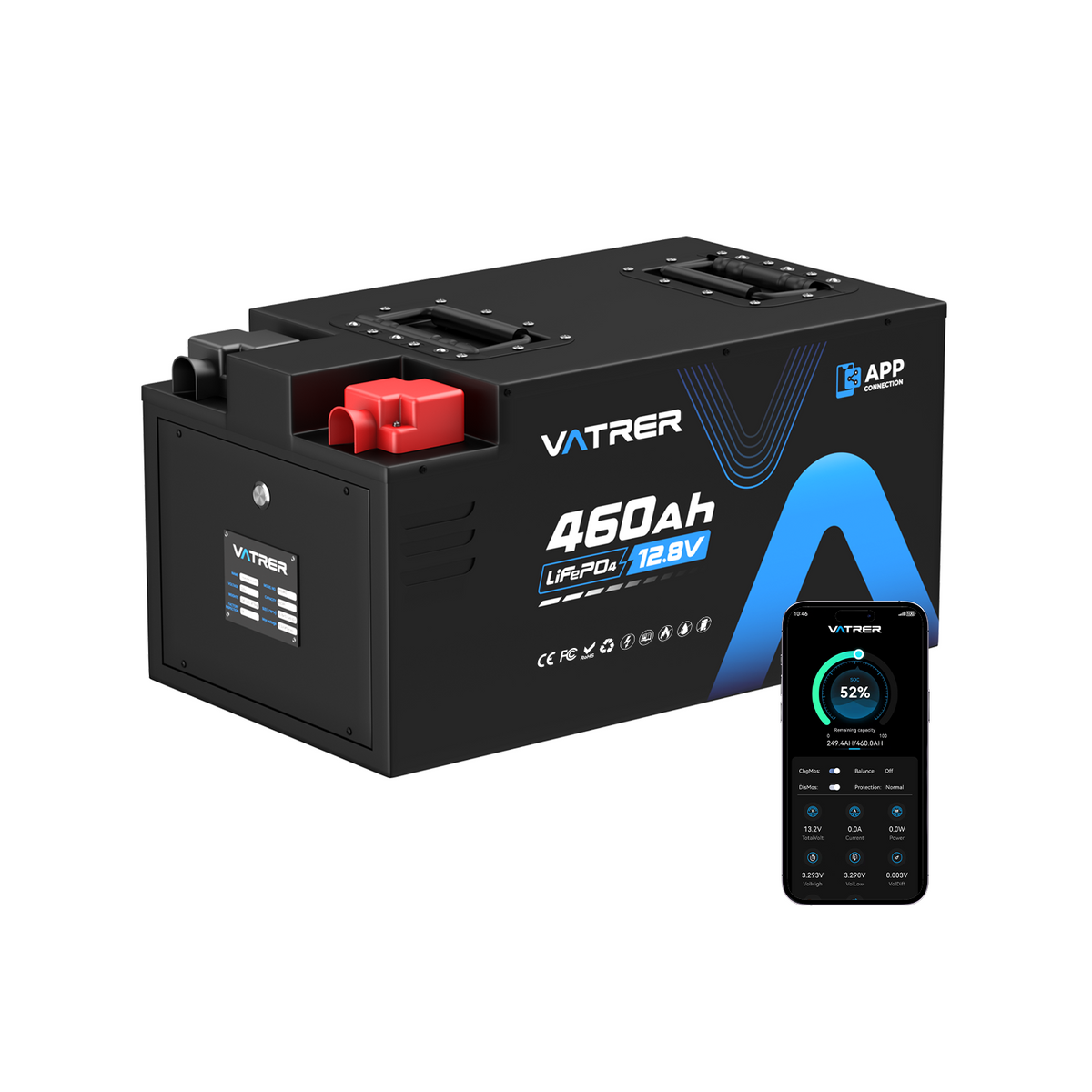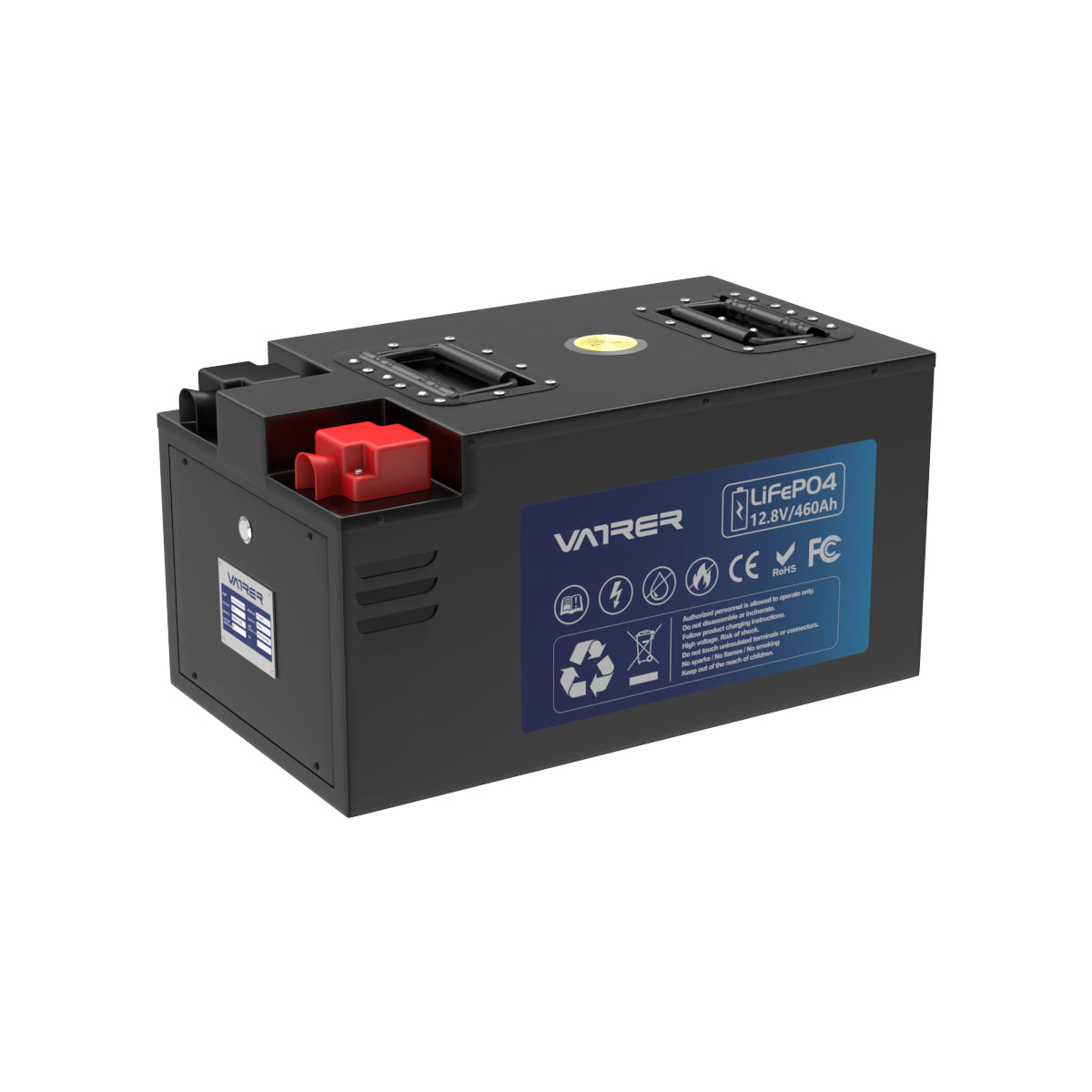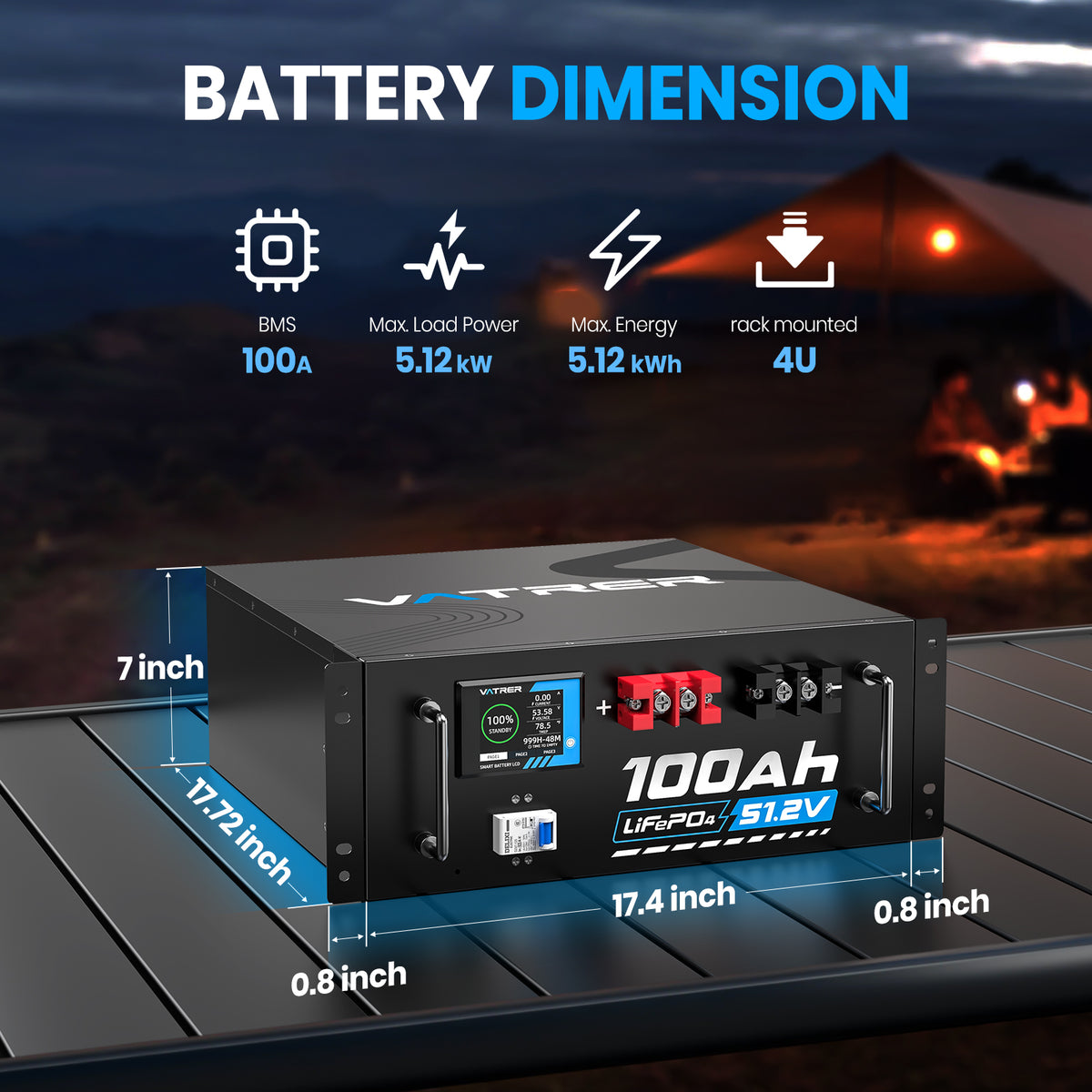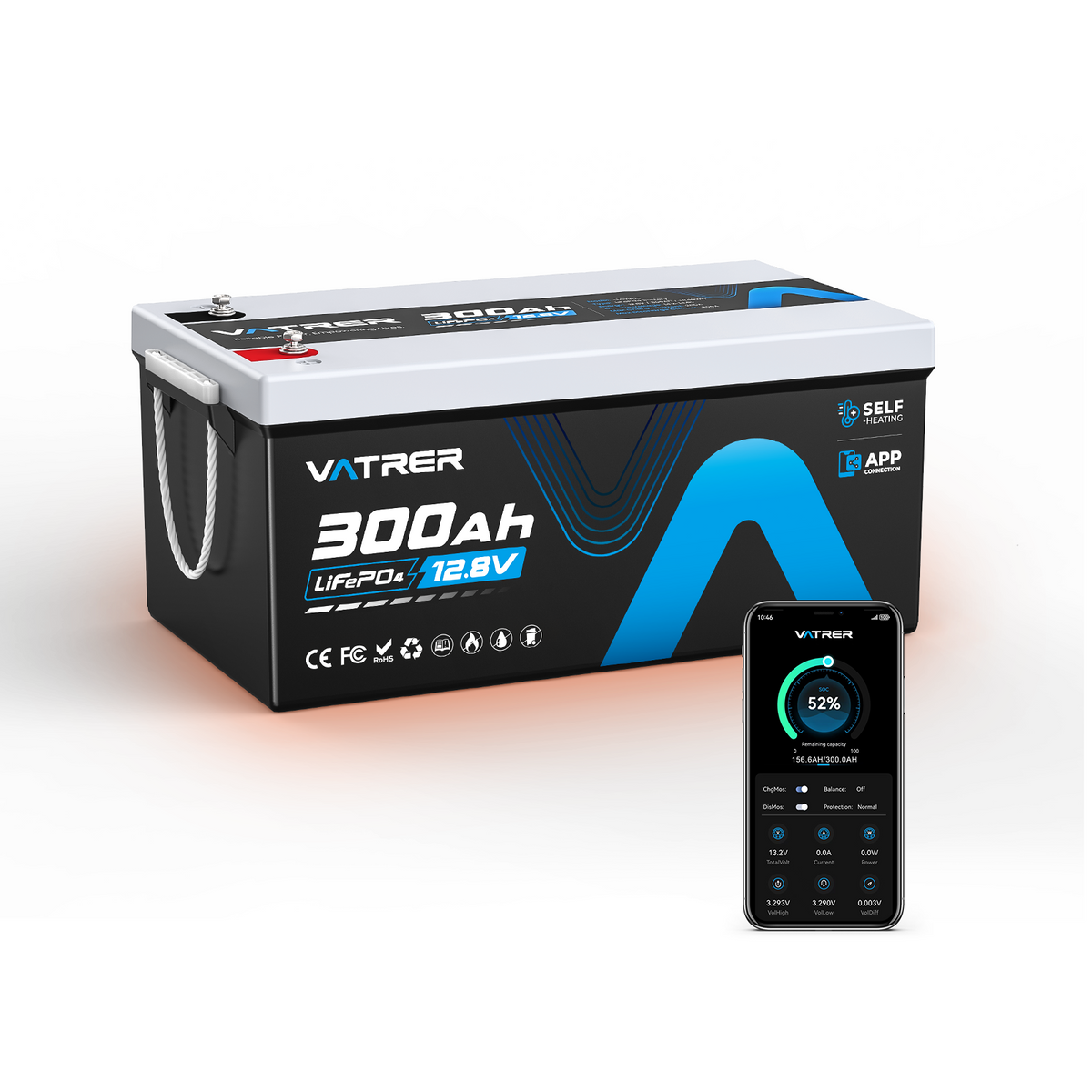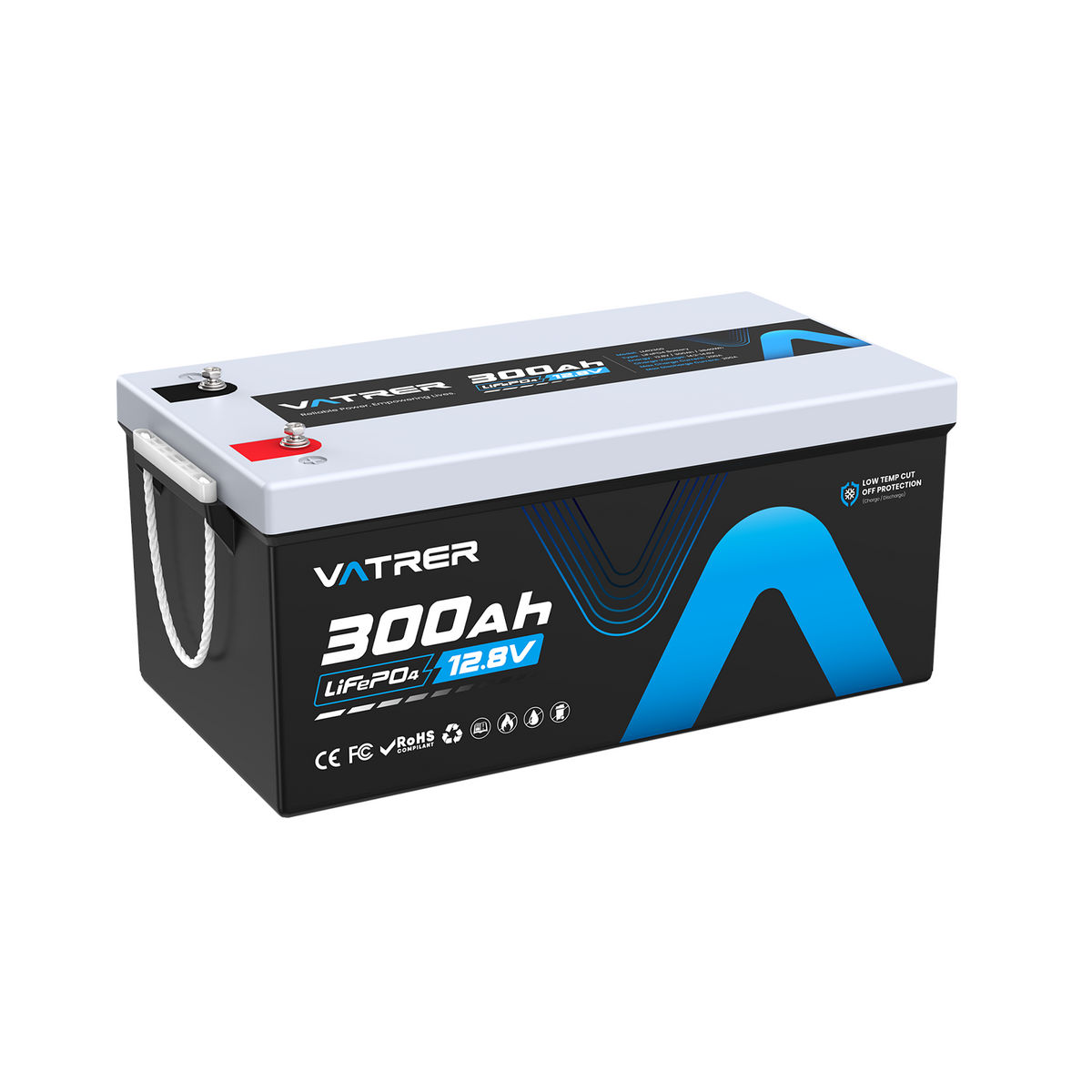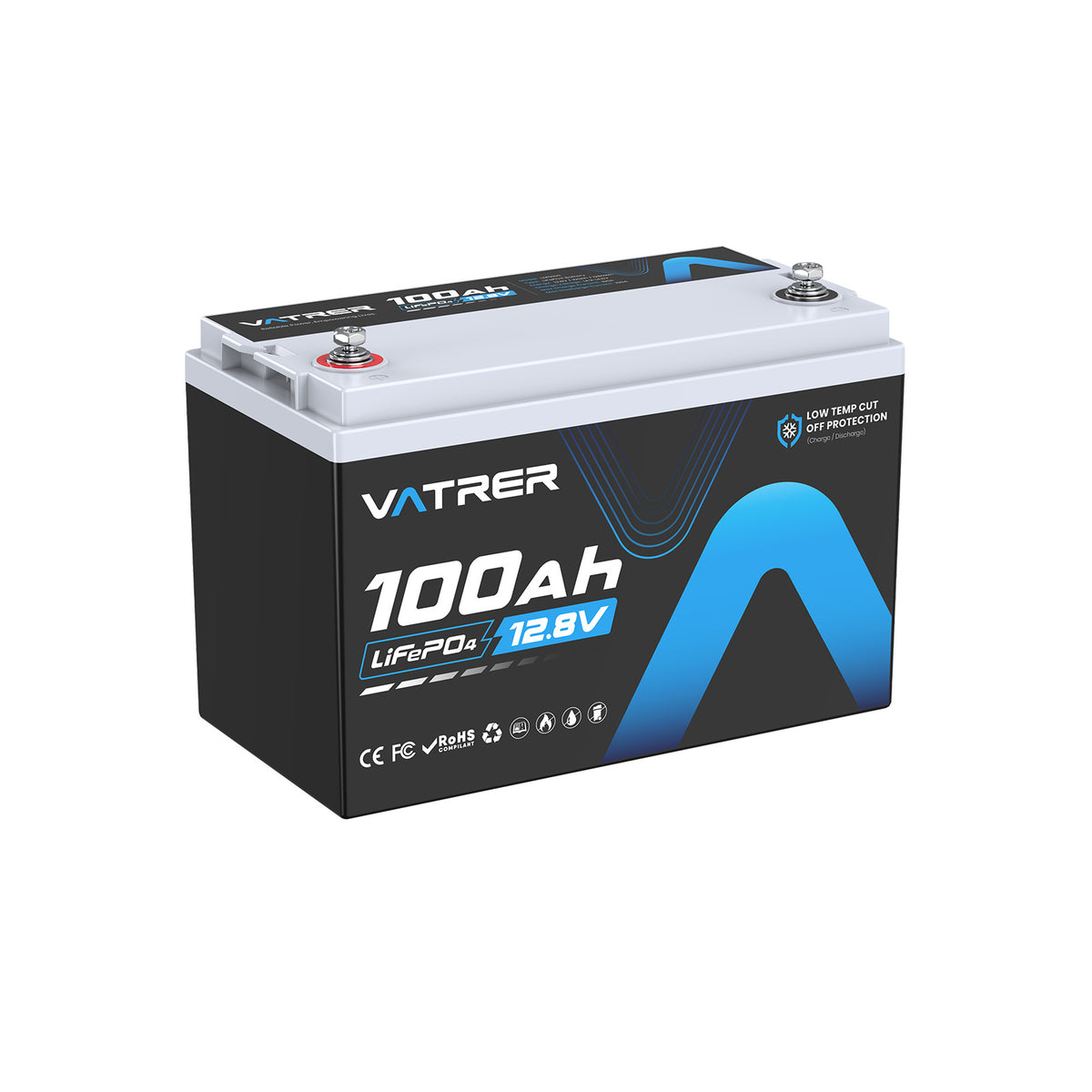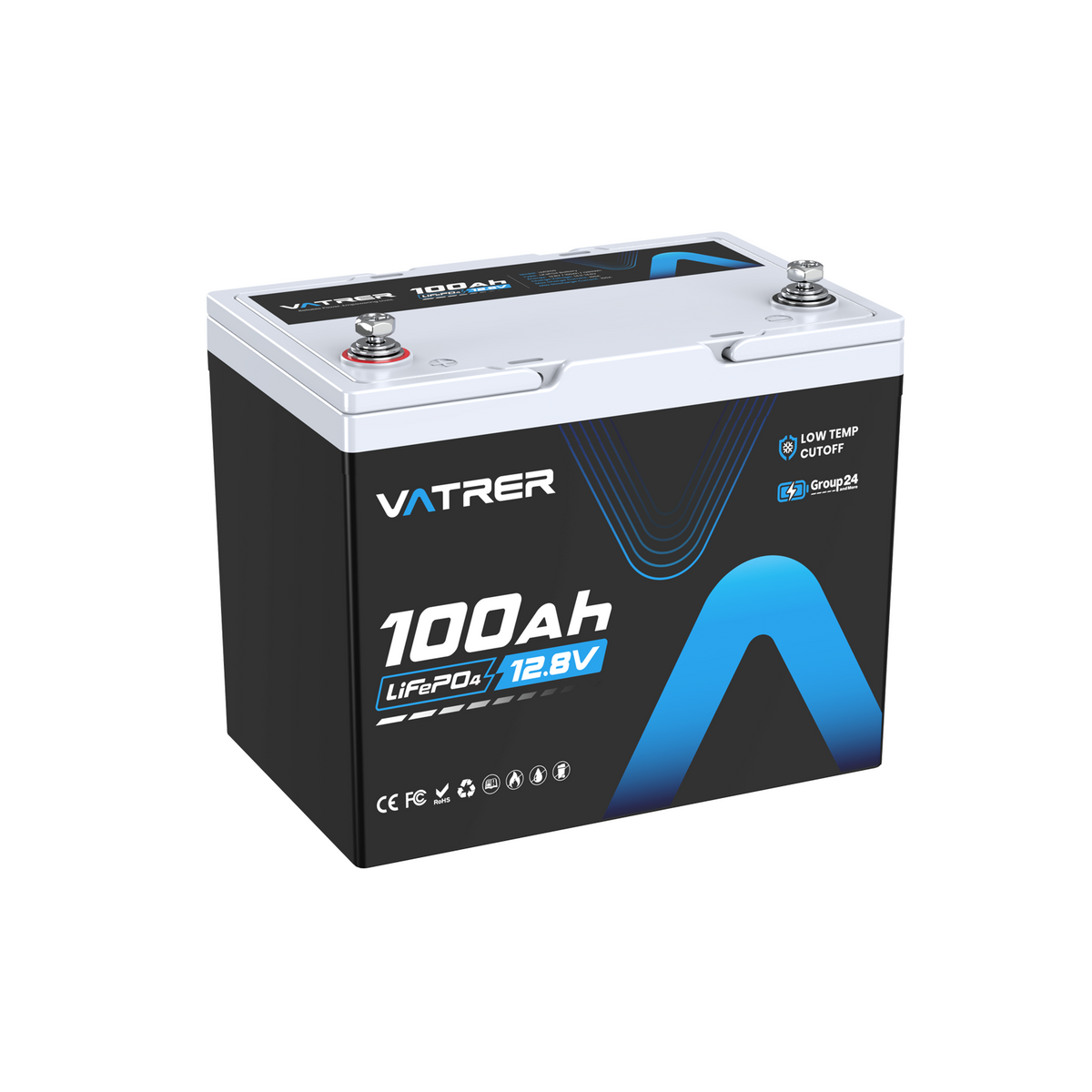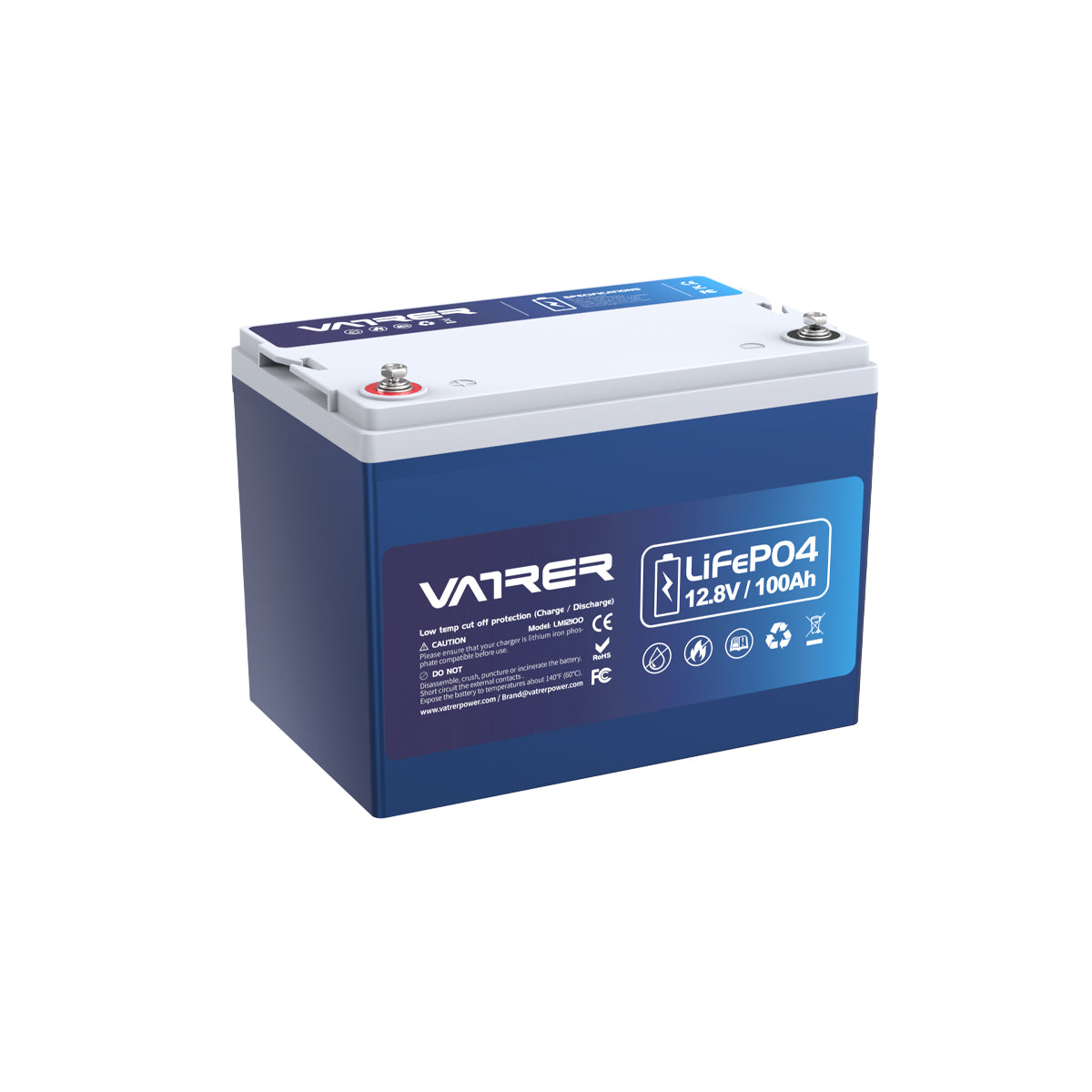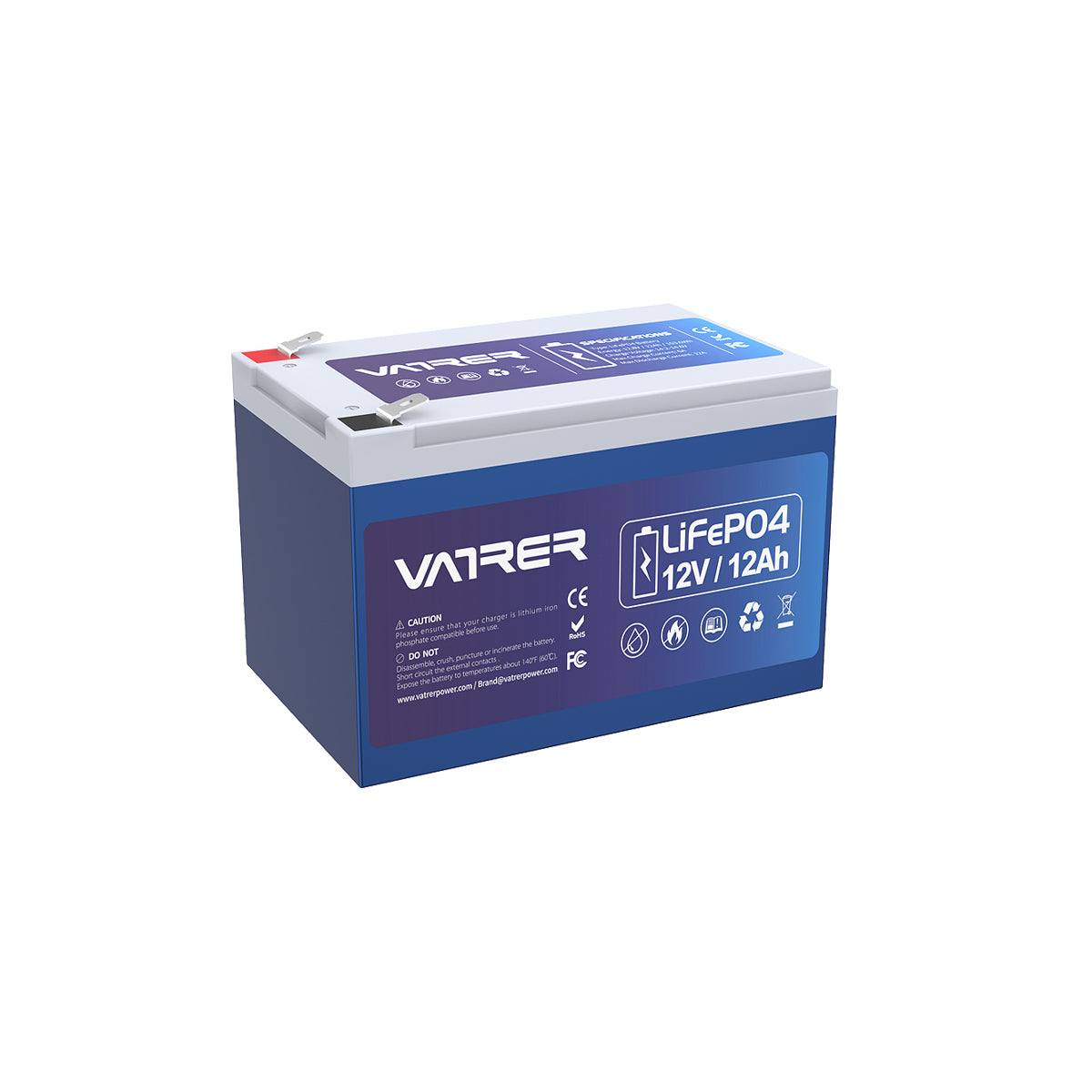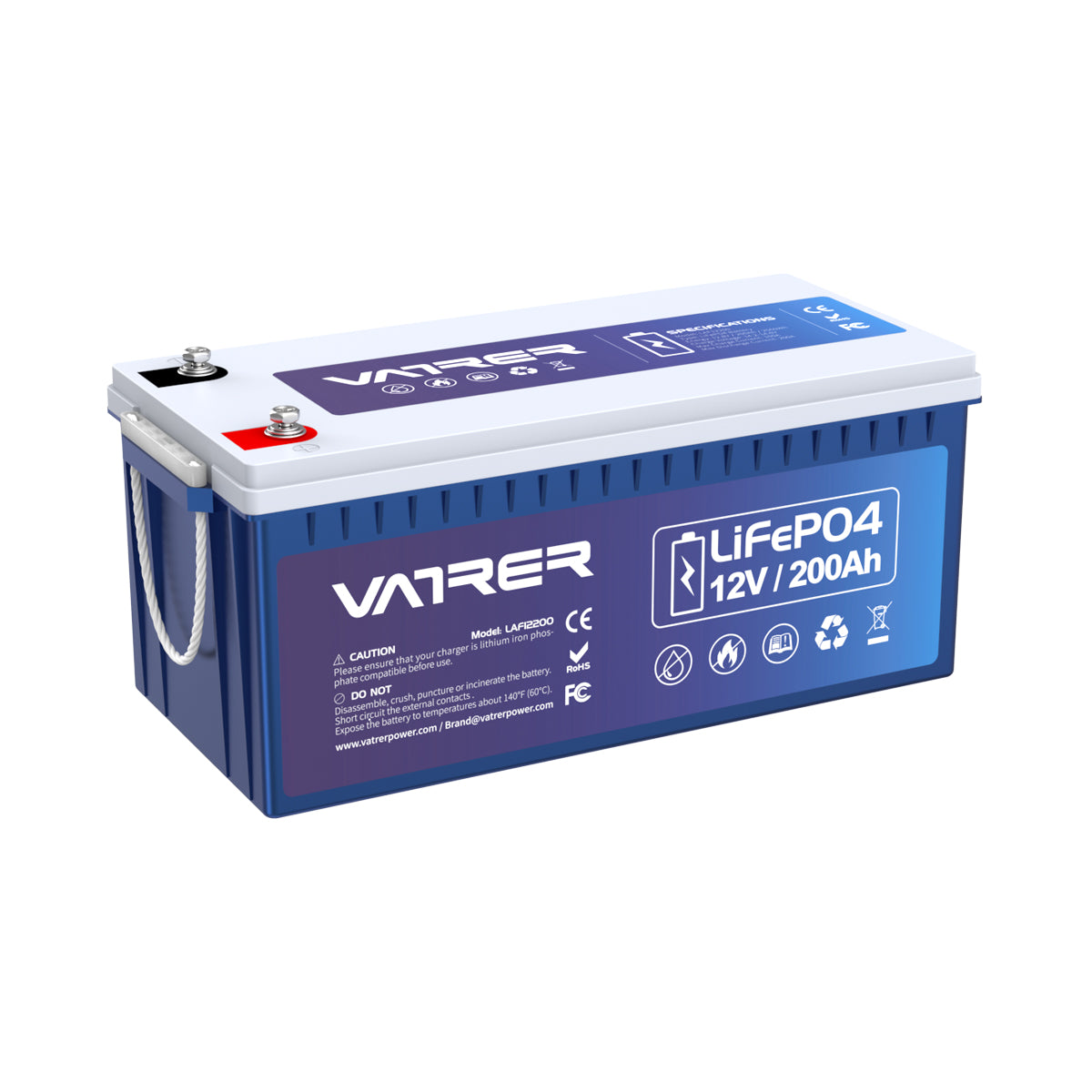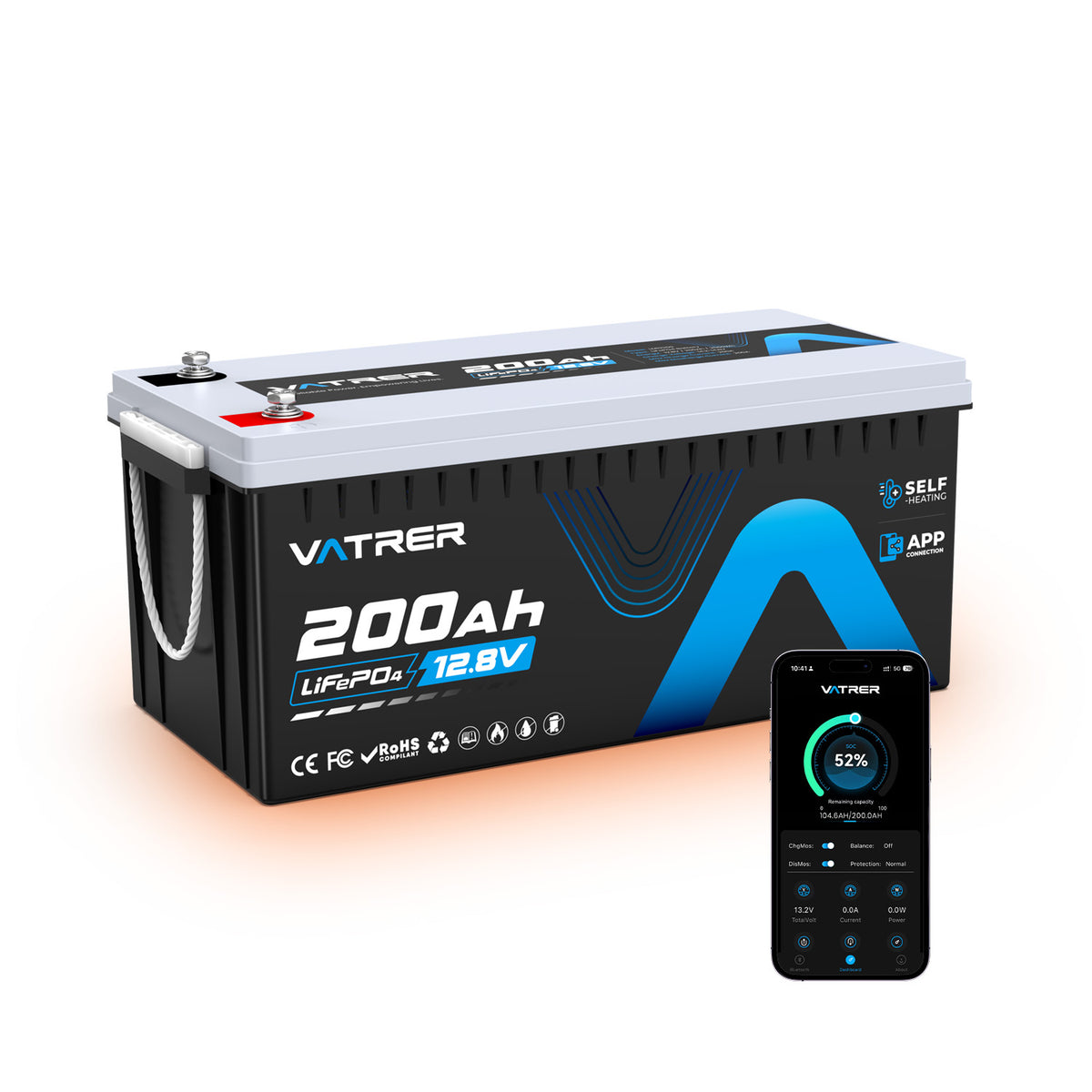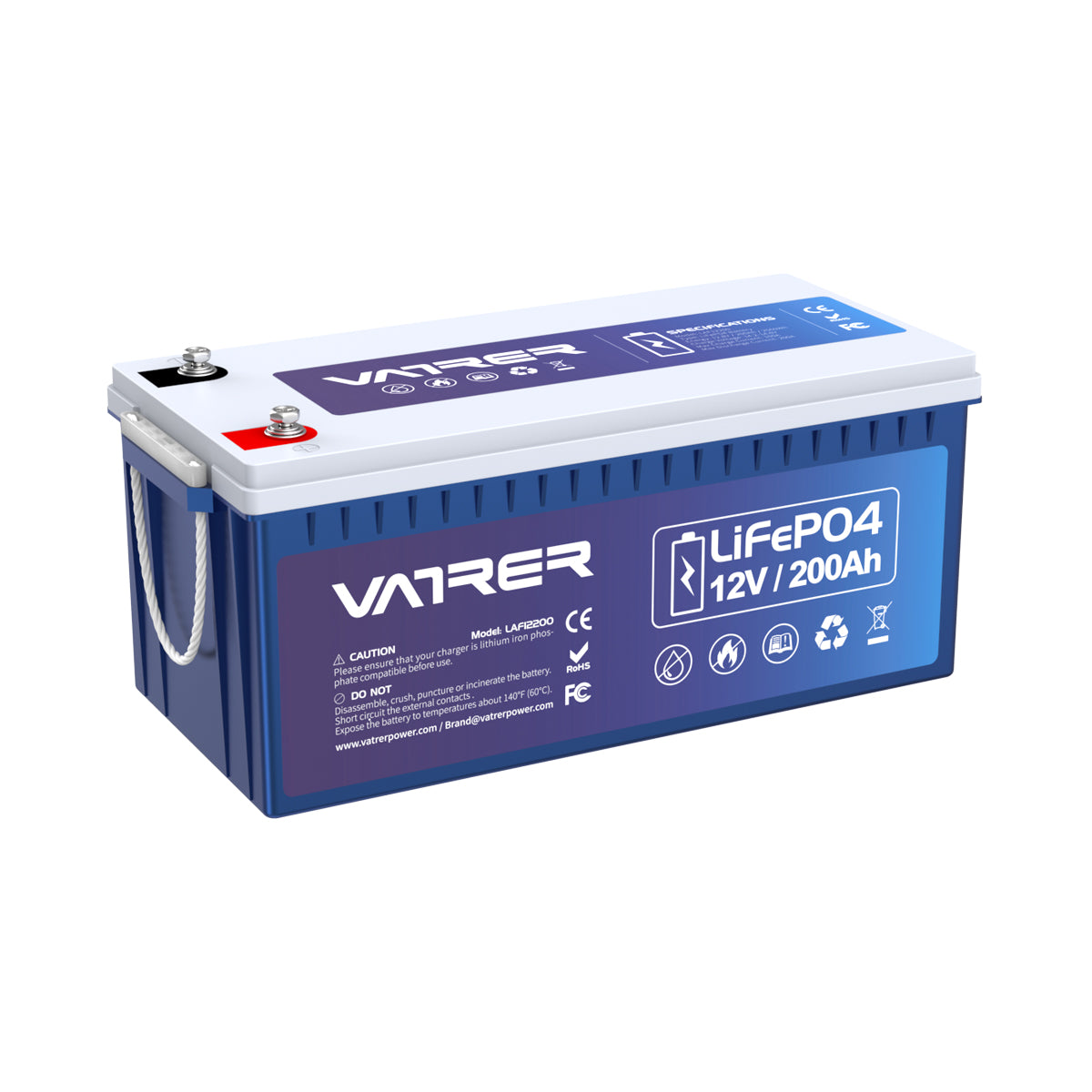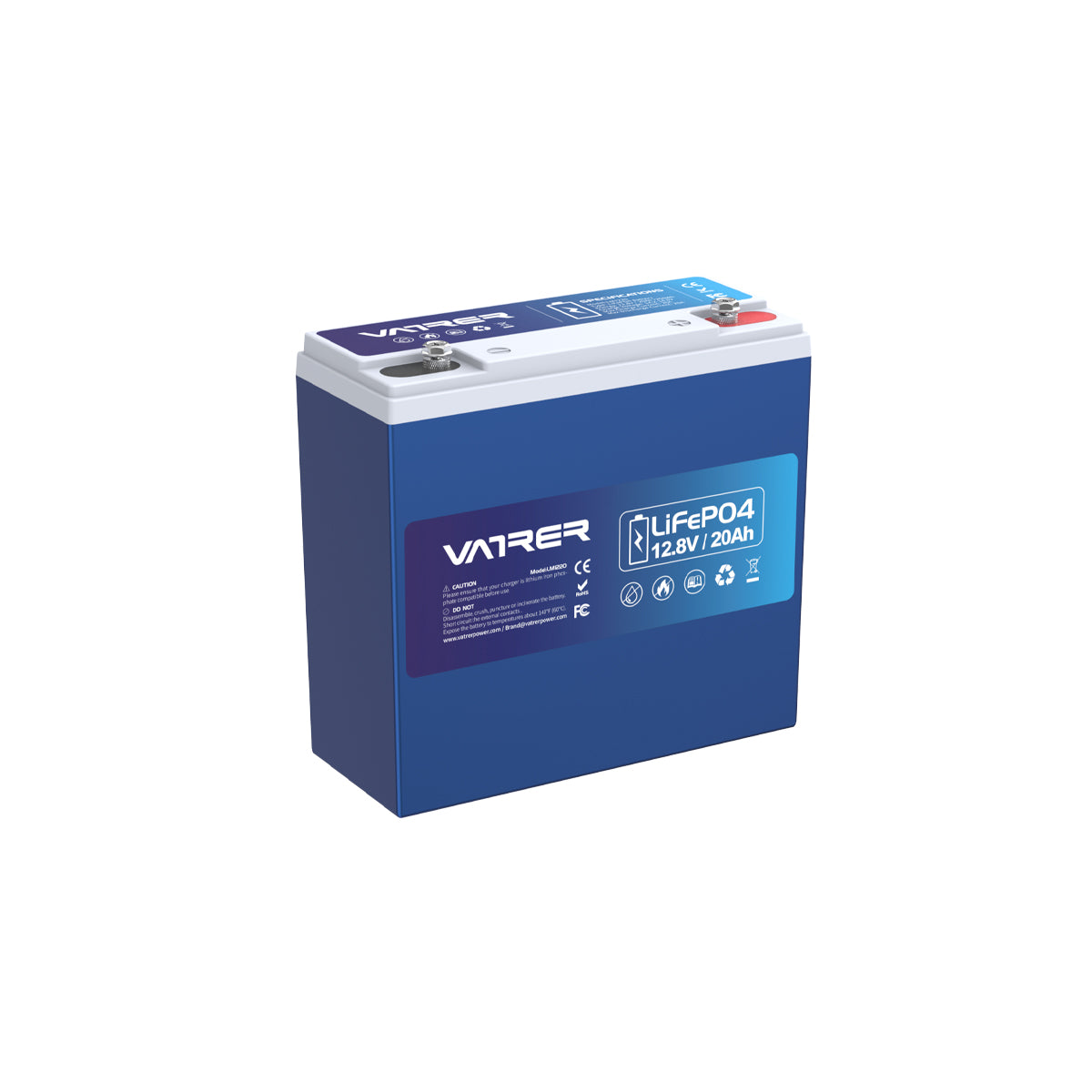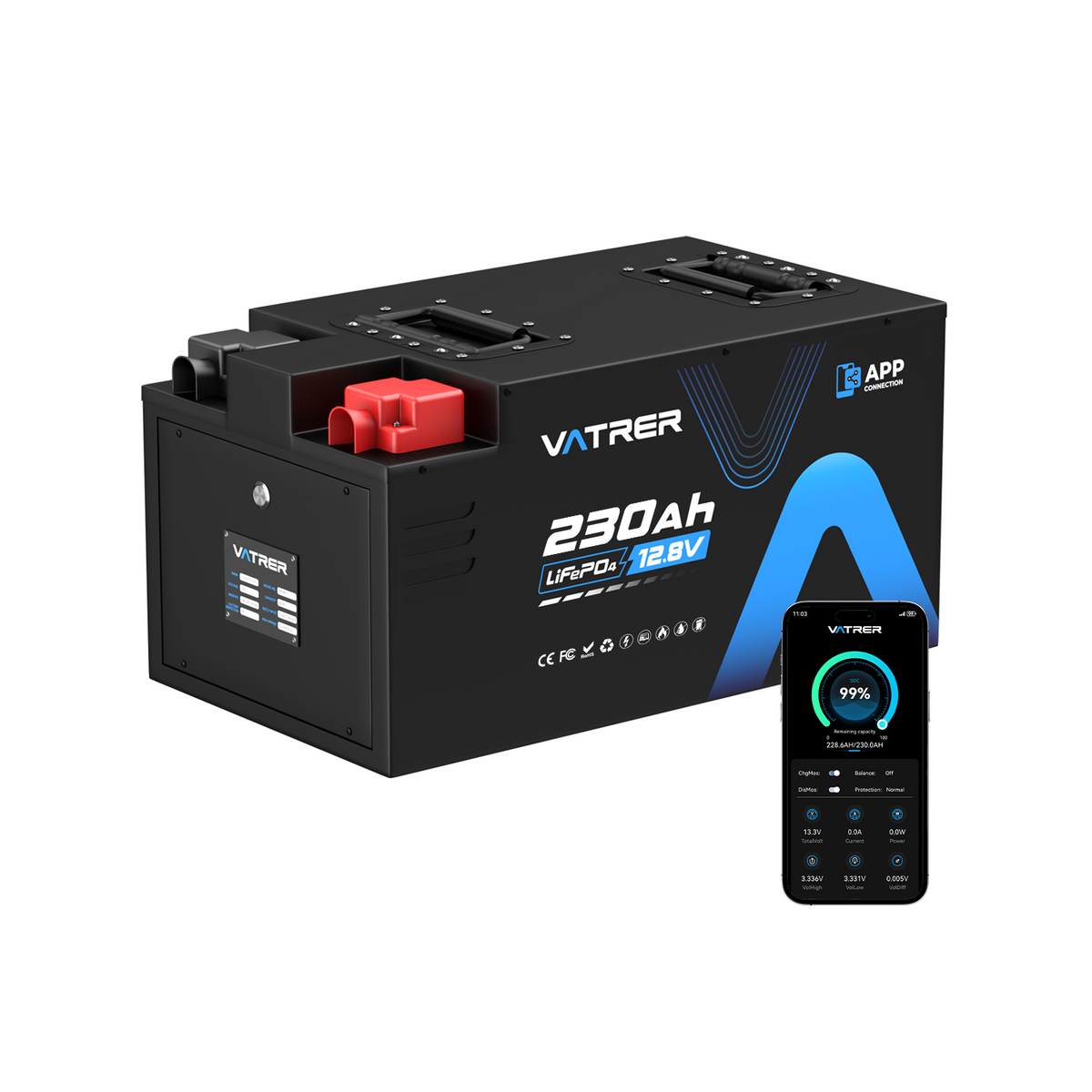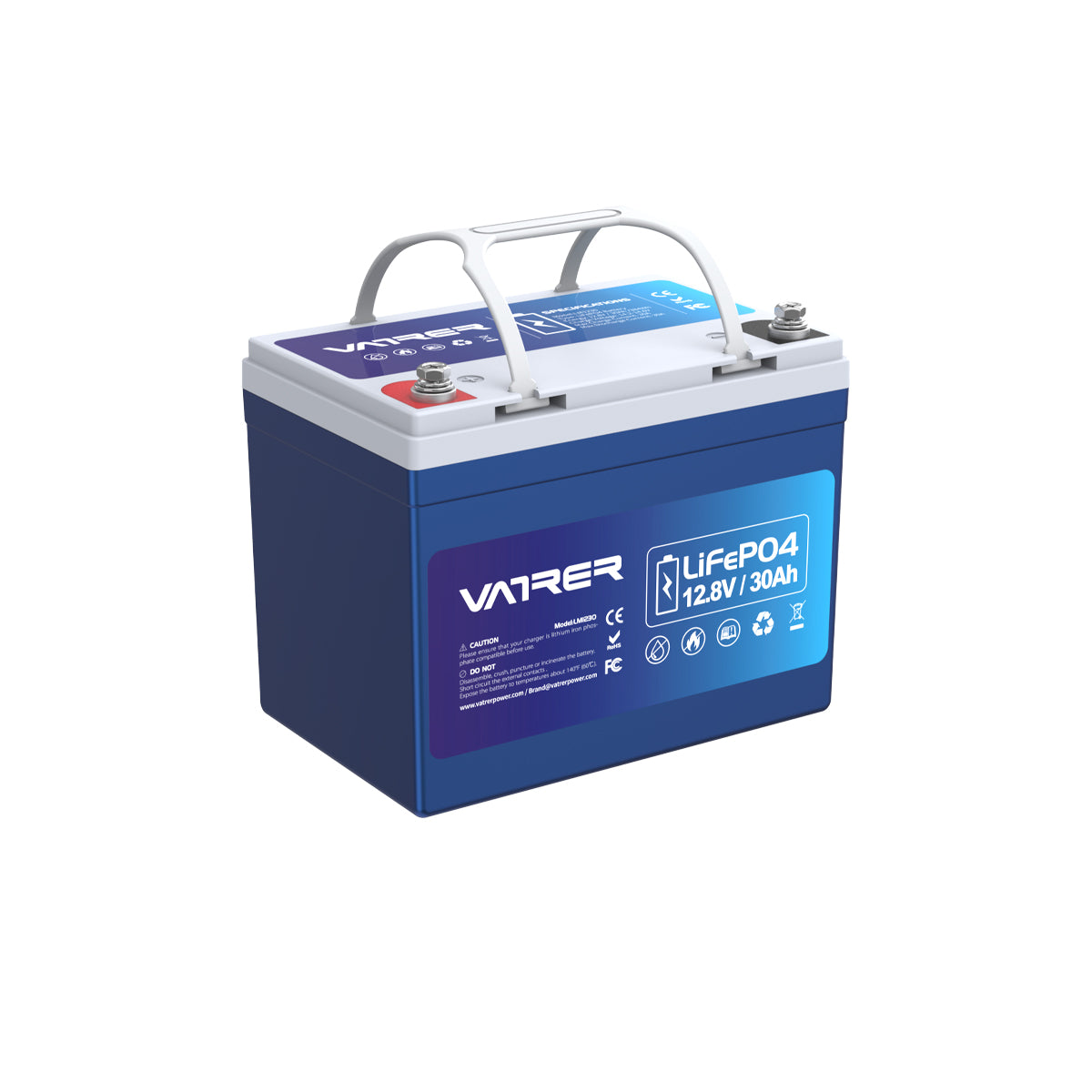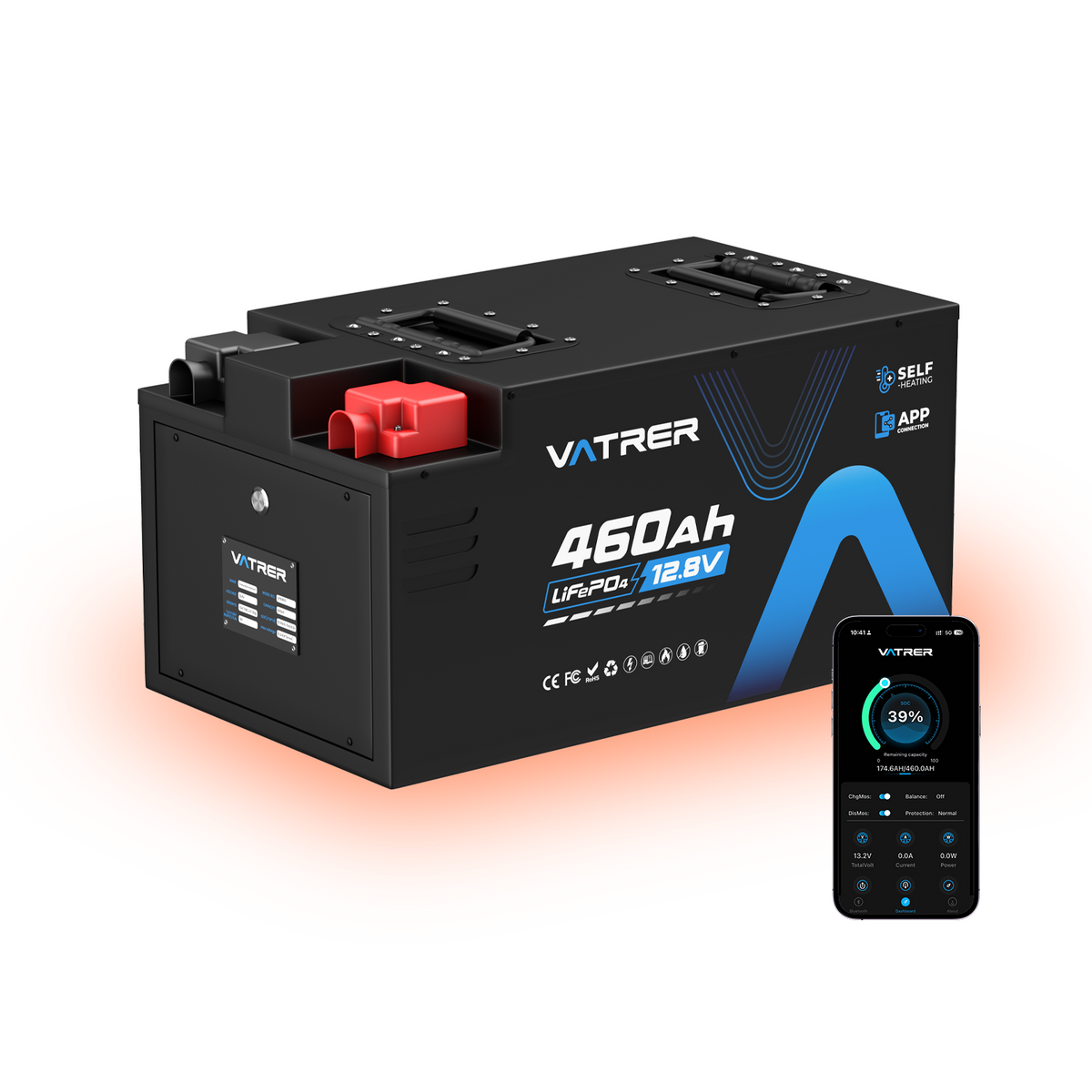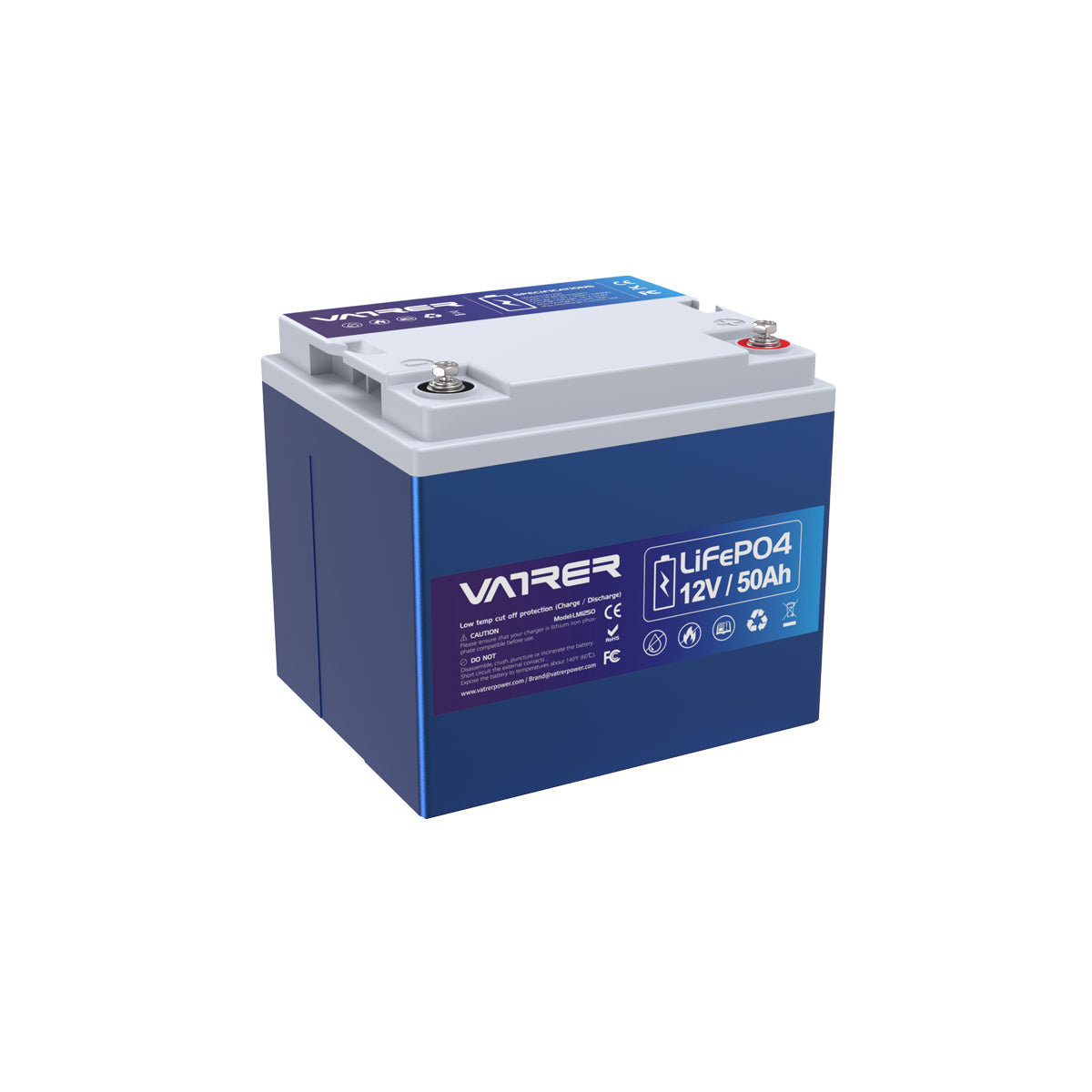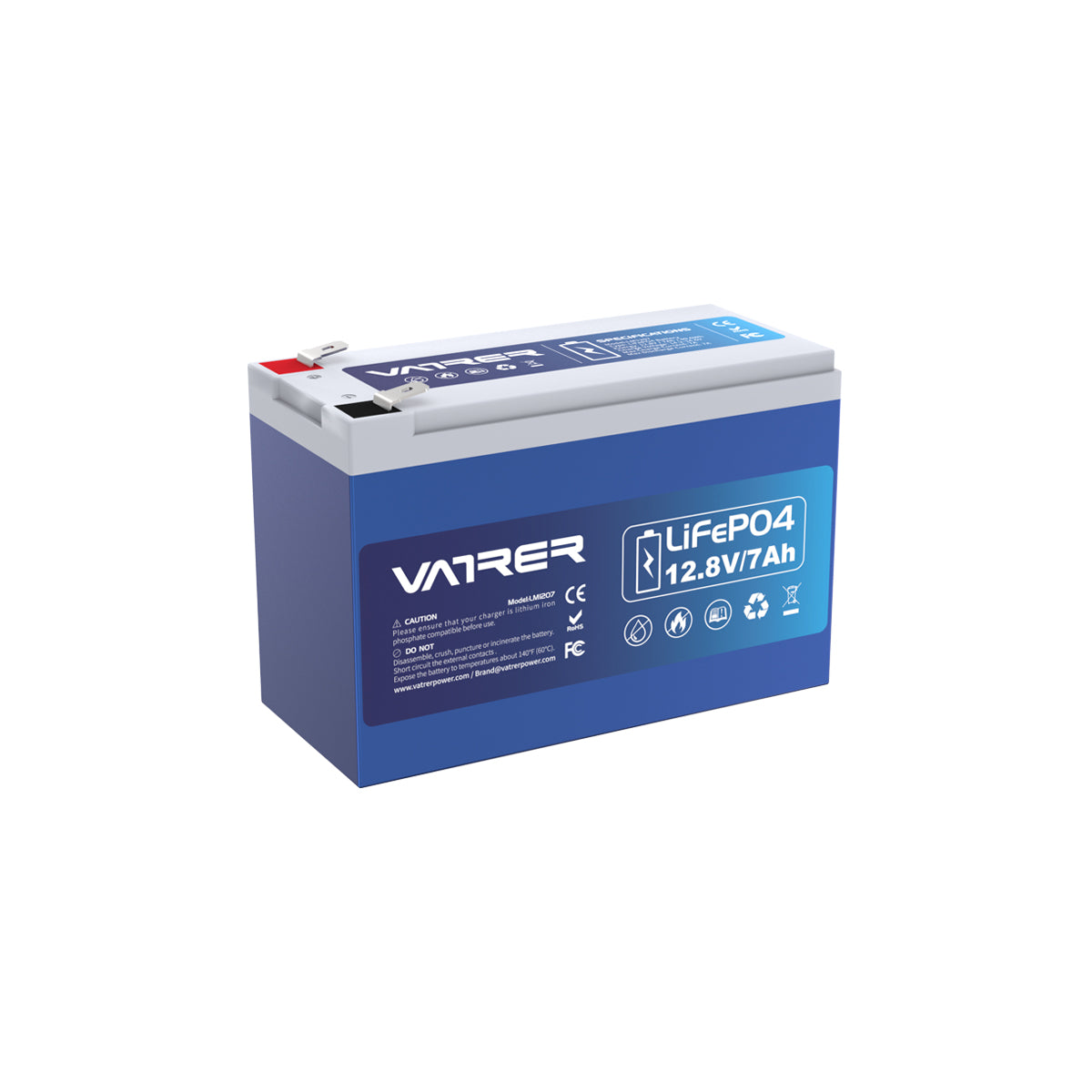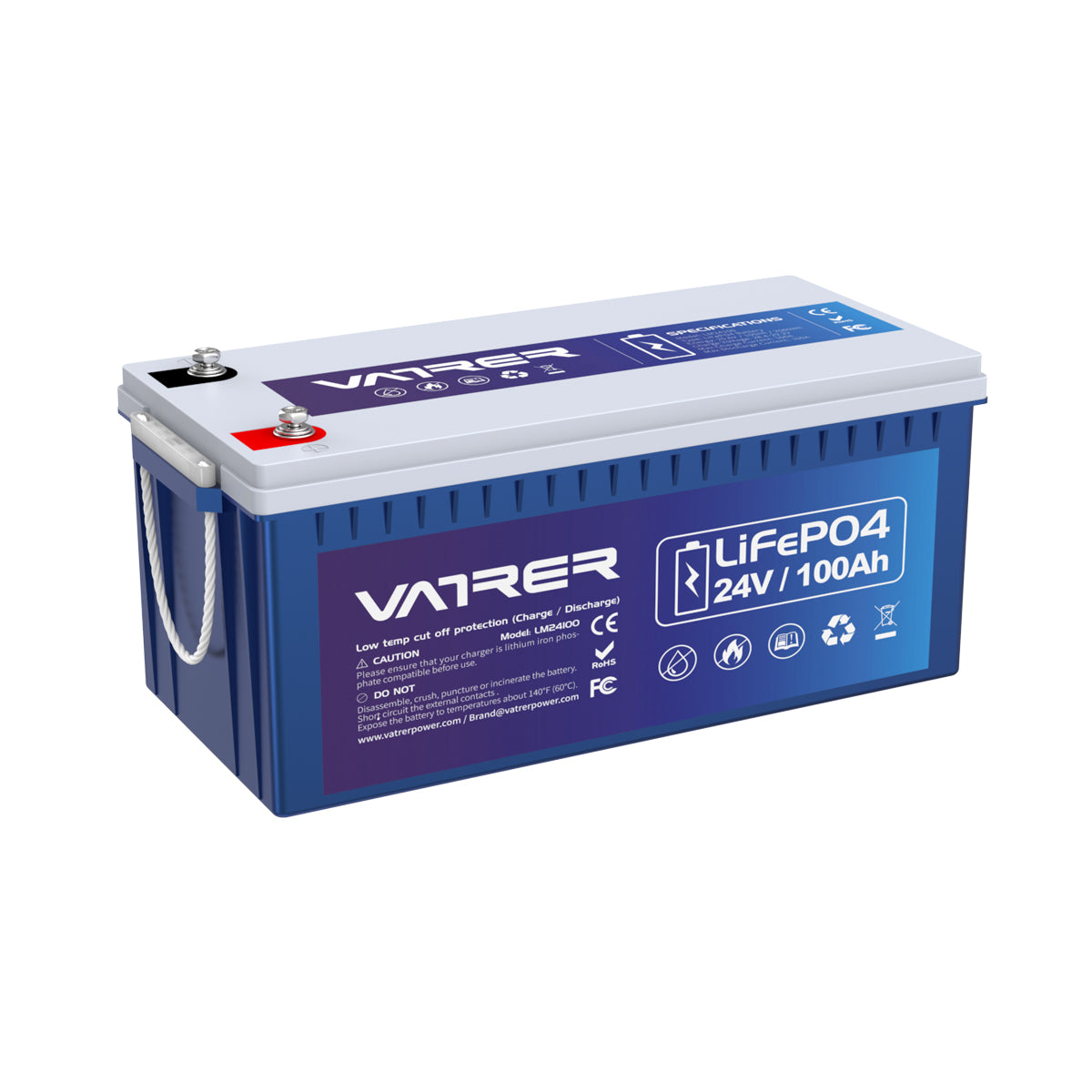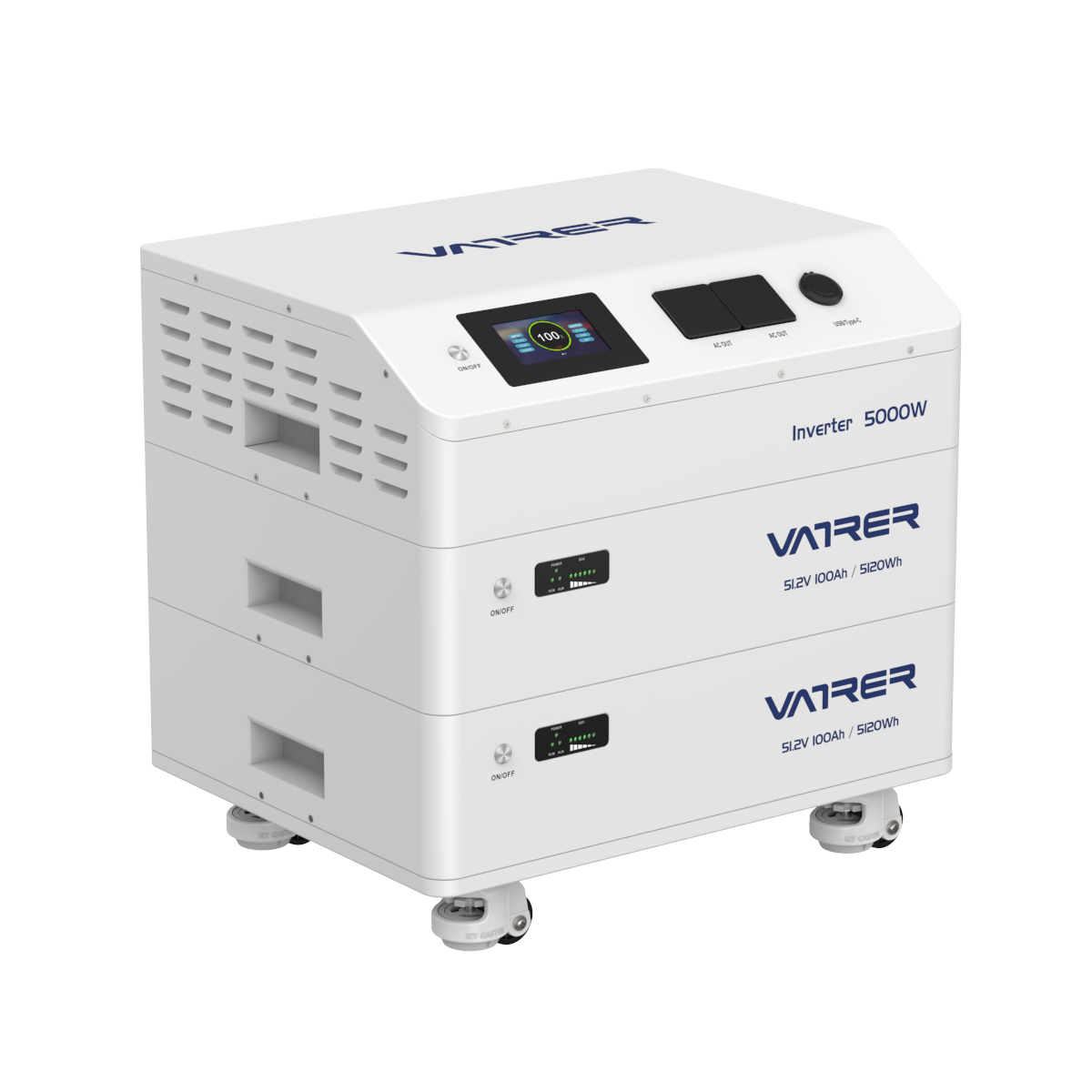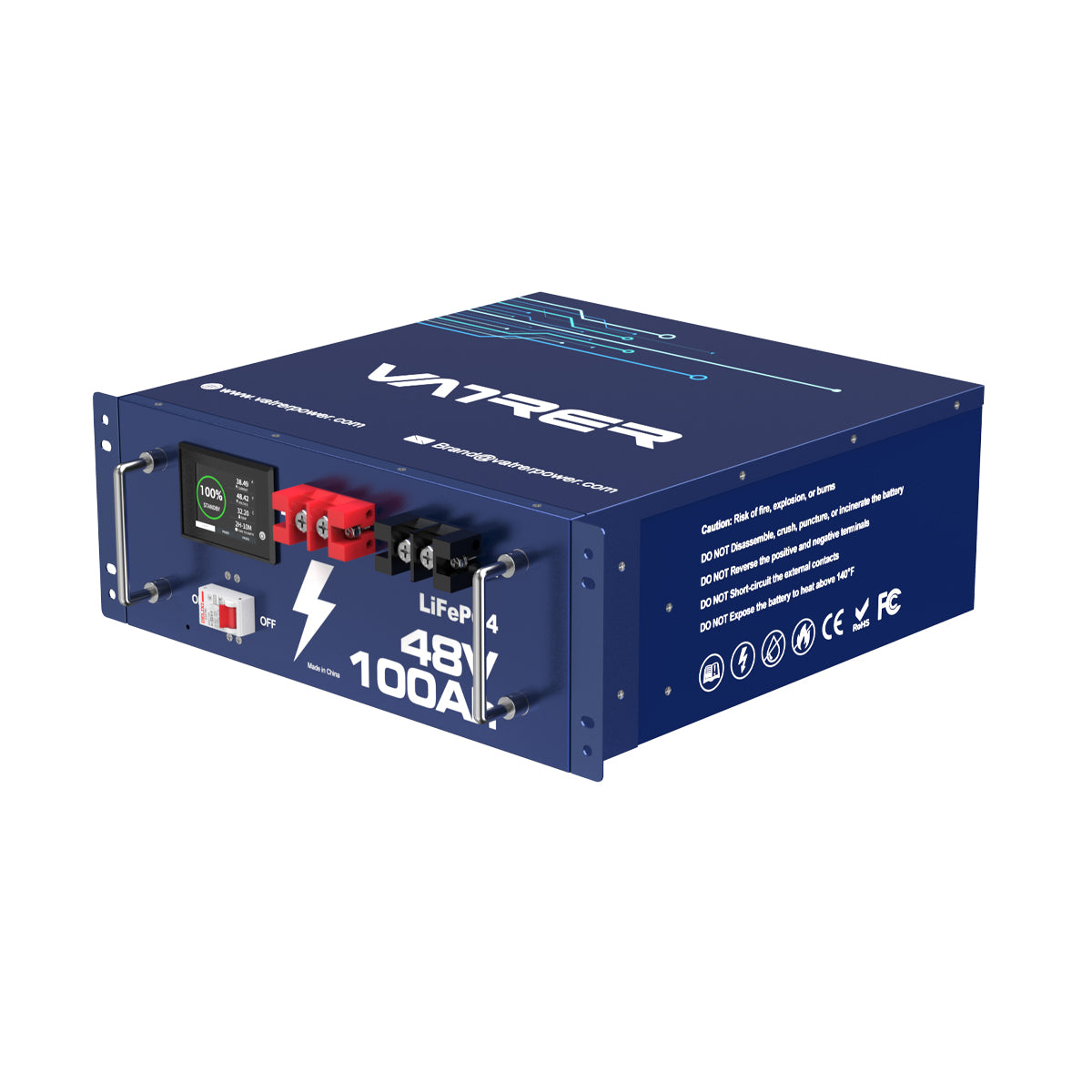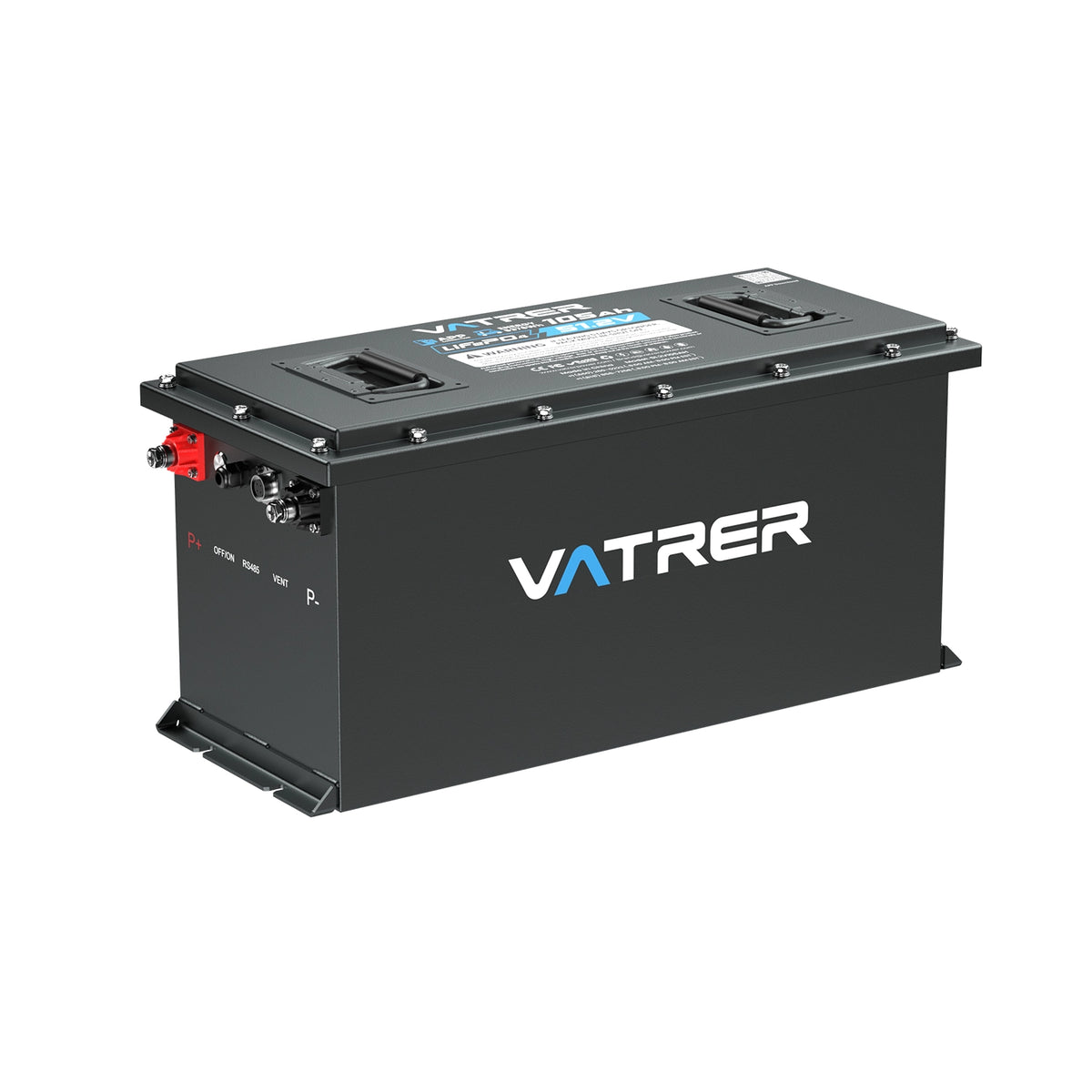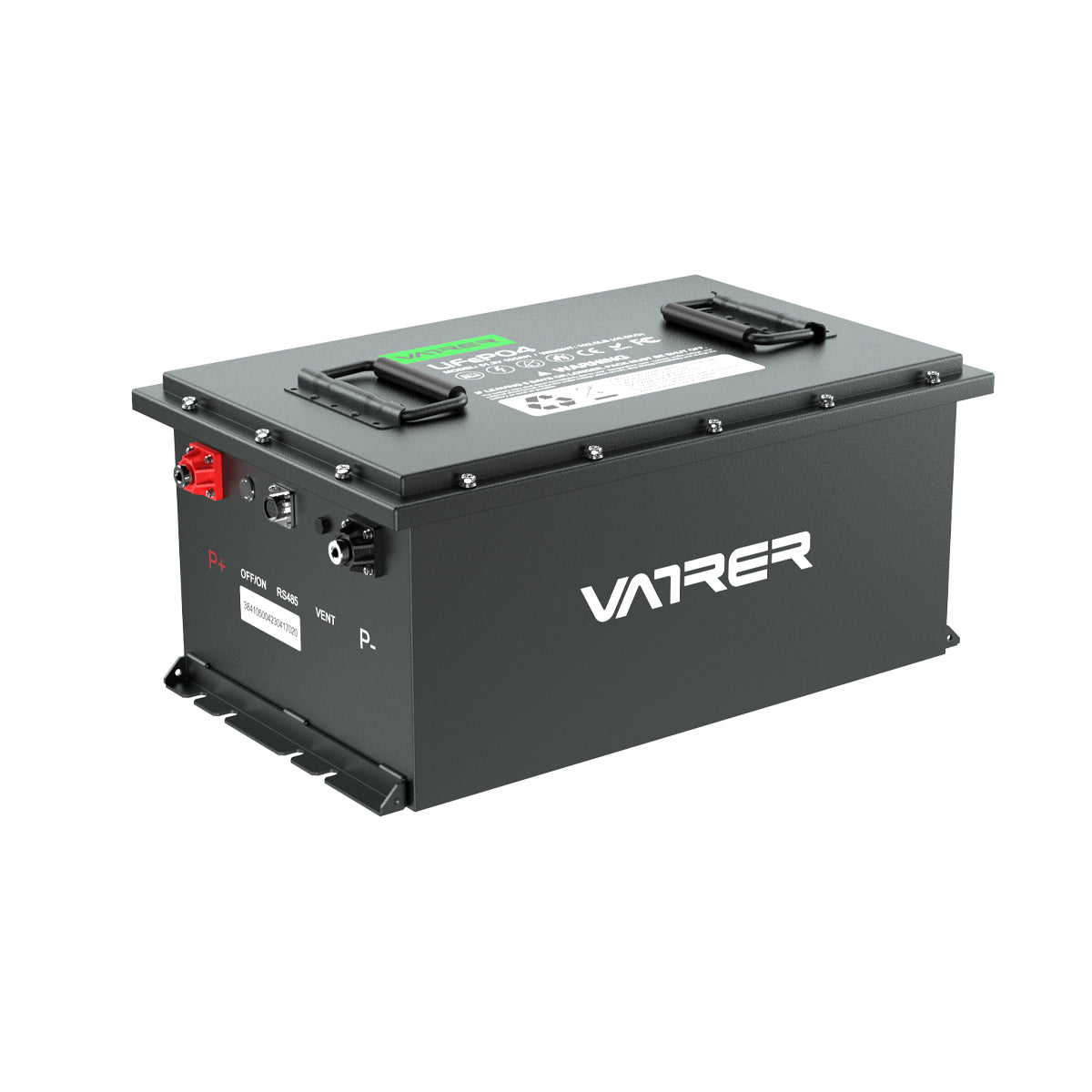Golf cart batteries are the lifeblood of your golf cart, powering your rides around the golf course or community. However, like all batteries, they eventually wear out and lose efficiency. A common question among golf cart owners is whether it’s possible to bring these batteries back to life. The good news is that, in many cases, you can rejuvenate your golf cart batteries, extending their life and saving money. Here’s a comprehensive guide on how to do it.
Understanding Golf Cart Batteries
Before diving into the rejuvenation process, it’s essential to understand the type of batteries used in golf carts. Most golf carts use deep-cycle lead-acid batteries, which are different from the typical car batteries. These batteries are designed to deliver a steady amount of power over a long period, making them ideal for golf carts.
Signs of a Dying Battery
How do you know if your golf cart battery needs rejuvenation? Here are some common signs:
-
Reduced Range: Your golf cart doesn't travel as far on a single charge.
-
Slow Acceleration: The cart takes longer to reach its normal speed.
-
Dim Lights: The headlights and other electrical accessories are not as bright as they used to be.
-
Long Charging Times: The battery takes longer to charge or doesn’t seem to charge fully.
Steps to Rejuvenate Golf Cart Batteries
-
Safety First
- Wear protective gear, including gloves and safety glasses.
- Work in a well-ventilated area to avoid inhaling any fumes.
-
Clean the Batteries
- Remove any corrosion from the battery terminals using a mixture of baking soda and water.
- Use a wire brush to scrub off the corrosion and then rinse with clean water.
- Dry the terminals thoroughly before proceeding.
-
Check the Water Levels
- Open the battery cells and check the water levels.
- Add distilled water to any cells that are low, ensuring the water covers the plates but does not overflow.
-
Equalize the Charge
- Over time, some cells in a battery may become weaker than others. An equalizing charge can balance the charge among all cells.
- Using a compatible battery charger, set it to the equalizing mode and charge the battery as per the manufacturer’s instructions.
-
Use a Desulfator
- Sulfation is a common issue in lead-acid batteries where sulfate crystals form on the battery plates, reducing efficiency.
- A battery desulfator can help break down these crystals, restoring battery capacity.
- Attach the desulfator to the battery and let it run its cycle, which may take several hours or days.
-
Perform a Load Test
- After charging and desulfating the battery, perform a load test to check its capacity.
- Use a battery load tester to apply a load and measure the voltage drop. If the voltage remains stable, the battery is in good condition.
Maintenance Tips to Extend Battery Life
To prevent your golf cart batteries from dying prematurely, follow these maintenance tips:
-
Regular Charging: Charge the batteries after each use, and avoid letting them sit in a discharged state.
-
Proper Storage: Store your golf cart in a cool, dry place and ensure the batteries are fully charged before long-term storage.
-
Avoid Over-Discharging: Do not run the batteries down to below 20% charge.
-
Clean Terminals: Keep the battery terminals clean and free of corrosion.
When to Replace Your Battery
Despite your best efforts, there will come a time when rejuvenating the battery is no longer effective. If the battery fails load tests, has visible damage, or doesn't hold a charge, it’s time to replace it.
Conclusion
Rejuvenating golf cart batteries is a practical way to extend their lifespan and get more value from your investment. By following the steps outlined above, you can bring your batteries back to life and enjoy smoother, longer rides. Remember, regular maintenance is key to maximizing battery performance and longevity.
Happy golfing!








